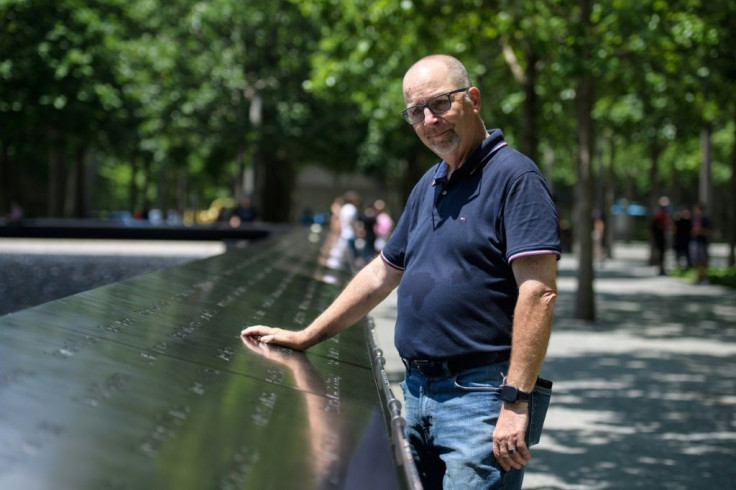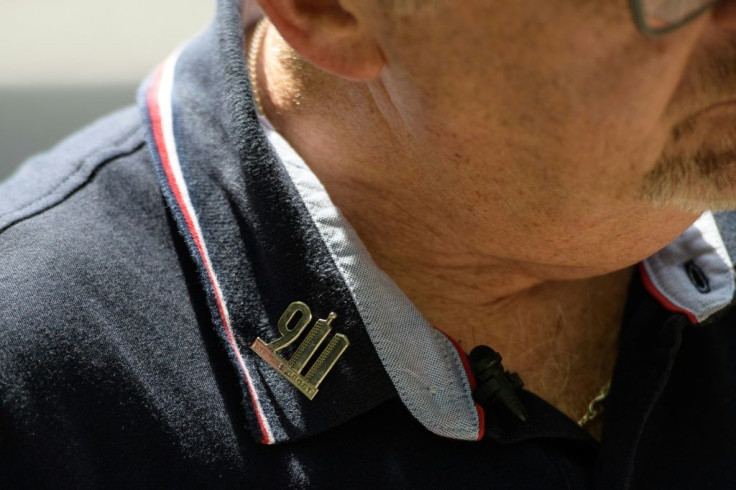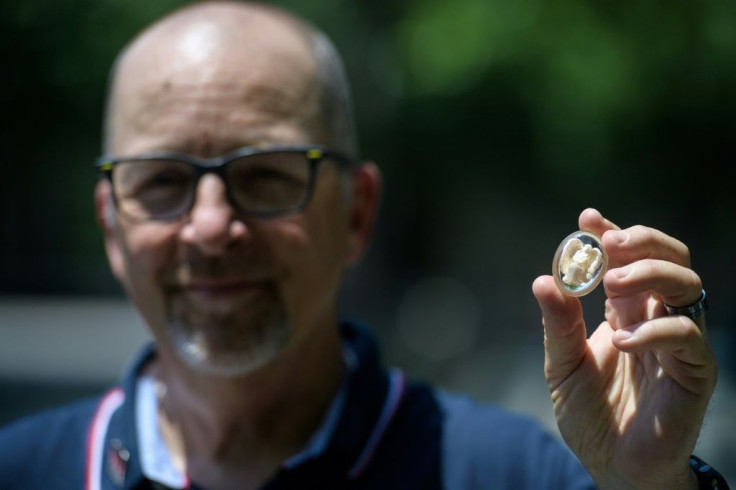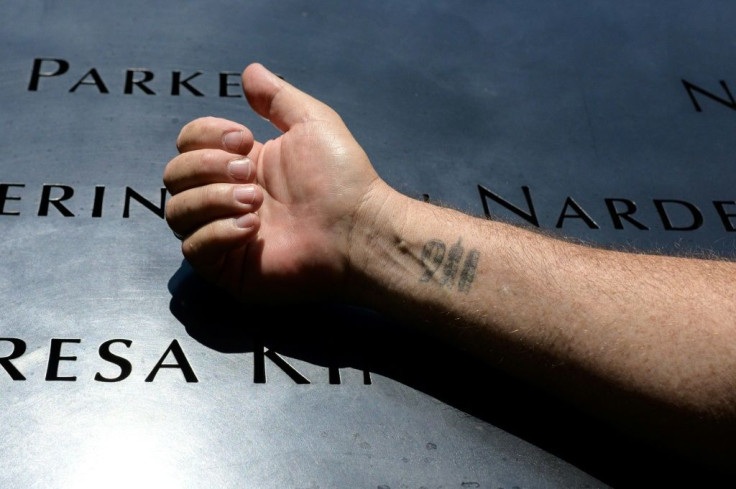Joseph Dittmar: Sharing Memories Of 9/11 Escape Is 'My Therapy'
Veering between laughter and tears, Joseph Dittmar narrates his memories of escaping from near the top of the World Trade Center on 9/11, a journey filled with fateful split-second decisions -- and says it is in the retelling that he finds peace.
The then 44-year-old father-of-four's descent from the 105th floor of the 110-story South Tower is a tragic epic, one that plays in his mind as clearly as the day it happened.
Dittmar was in New York from Chicago for a meeting of insurers in a windowless room when the first hijacked plane crashed into the neighboring North Tower at 8:46 am.
All the meeting's 54 participants could see was the flickering of lights.

Told to evacuate by the stairs, it wasn't until they arrived on the 90th floor that they saw for the first time the horror consuming the North Tower.
"That was the worst 30-40 seconds of my life," says Dittmar, who is now 64.
Many colleagues watched the drama as if "mesmerized" -- but the Philadelphia native says he wanted to leave immediately.
"My God, every time I come to this town, something is going on," he remembers thinking of New York.

Dittmar returned to the stairs where he bumped into a colleague who was also leaving. The man decided to visit the restroom first. He would not survive.
On the 78th floor, a colleague urged him to wait for the elevators that went directly to the ground floor.
Dittmar remembered that elevators should be avoided during a fire and headed to the stairwell.
"It was the best decision I have made in what is still my life," he tells AFP.
Somewhere between the 74th and 75th floor, the stairwell started to "shake so violently back and forth," Dittmar recalls.

Another plane had hit their tower, just above them, between floors 77 and 85.
"The handrails breaking away from the walls, the steps underneath our feet undulating like waves in the ocean. We feel this heat wall, you smell this jet fuel," he says.
Despite the fear, Dittmar remembers the "absolutely incredible" togetherness of the people on that stairwell, including a man carrying a disabled woman on his back.
"It was truly a thing of beauty. I wish it could be like that all the time," he reminisces.

But tears return to Dittmar's eyes when he talks about the firefighters and rescuers that he passed on their way up during his 50-minute descent to the ground floor.
"The looks in their eyes. They knew they were going up and they were never coming back. How could you be that brave, how could you be that strong?" he asks.
On the 15th floor, a security guard urged people to evacuate while singing "God Bless America" through a megaphone.
"He sang horribly but he was there for a purpose. Like on the Titanic, (when) the captain asks the musicians to play so people keep calm and you get them onto the boats."
Dittmar was outside, a short walk from the World Trade Center, when the South Tower collapsed. Thousands of witnesses were screaming in fear, a sound he says he still hears every day.
Dittmar, who has 9/11 tattooed on his wrist and a pin of the Twin Towers on his collar, has told his story hundreds of times before, including at schools across the United States.
"It's my therapy," he says. By sharing memories and emotions, he has avoided nightmares, PTSD and survivor's guilt.
"I knew relatively quickly that what I had to do for survival is continue to tell the story," he says.
Dittmar has forged many friendships, with other survivors as well as with relatives of the disappeared.
"When you first meet, you don't know what to say but when you can say that you saw their spouse on the 90th floor and you can talk about it, you bring that spouse back."
Dittmar, still an insurer and now based in Delaware, has become a fan of New Yorkers.
"It's a great, great city and I'm very, very proud of the people here," he says, adding that the pandemic has confirmed their resilience.
"This place became a ghost town. There is a lot of people out here right now and that's because the city said, 'You are not going to beat us,'" he notes.
Dittmar, a diabetic, didn't let the pandemic keep him down either. He started eating healthily, walked three miles (five kilometers) a day and lost around 45 pounds (20 kilos).
"The pandemic, like 9/11, was another one of those things that kind of turned me around. I said, 'I gotta get better. So now it's Joe, Part II," he laughs.
© Copyright AFP {{Year}}. All rights reserved.





















